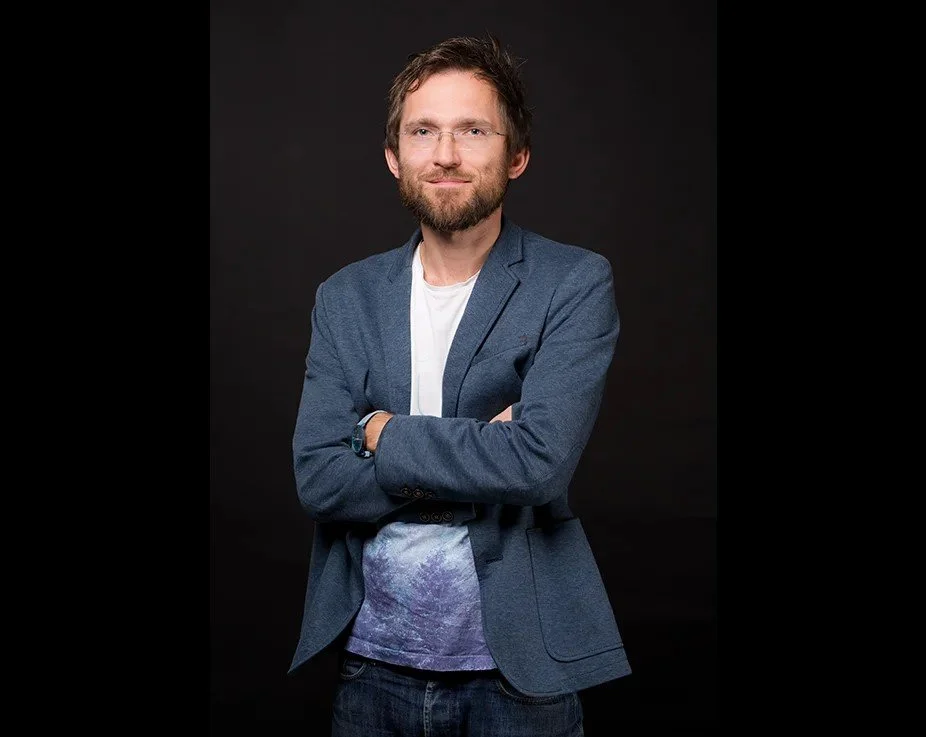
the 11th PTNCE Conference
22 – 25 September 2025, Wrocław, Poland
Mark Thomas (Research Department of Genetics, Evolution and Environment, University College London)
Mark Thomas is Professor of Evolutionary Genetics and works mainly on biological and cultural aspects of human evolution. He uses computer simulation and statistical modelling to make inferences from genetic data – including ancient DNA – and archaeological information, on processes such as past migrations and dispersals, natural selection – particularly in response to changes in diet and infectious disease loads – and how demography shapes cultural evolution.
His work includes several significant discoveries including the first DNA sequencing of mammoth DNA, the first direct (i.e. ancient DNA) evidence that early European farmers have not descended directly from indigenous hunter-gatherers, providing the first evidence that lactase persistence evolved independently in Africa and Europe and was absent in early European farmers and many others.
Nancy Segal (California State University, Fullerton)
Prof. Nancy Segal is a psychologist working in human behavioral genetics. She studies the influence of genetic and environmental factors on human behavior, cognitive abilities or personality traits. She currently heads the Twin Studies Center in the Department of Psychology at Fullerton University in the US. She is the author of over 300 scientific papers and several books, including the award-winning scientific book "Born Together-Reared Apart: The Landmark Minnesota Twin Study", published by Harvard University.
Her work has been cited according to the Google Scholar Citation Index more than 15,000 times and her index h=44. She is a very active scientist and a recognized science communicator.
A lot of information about her can be found on her website.
Piotr Sorokowski (Department of Experimental Social Psychology, The Institute of Psychology, University of Wrocław)
Piotr Sorokowski is a renowned researcher in cross-cultural, social, and evolutionary psychology, as well as in human ethology, and anthropology. He has conducted extensive field studies on traditional cultures across Africa, the Amazon, Papua, and the Pacific region. His research in nonindustrial societies has focused on the relationship between cultural and individual factors influencing various psychological mechanisms, providing new insights into the interplay between evolution and culture in social and reproductive success. He served as the principal investigator on multiple grant projects that explored the mechanisms of sexual selection, voice perception and analysis, the adaptive functions of romantic love, perceptions of elderly people in indigenous societies, and the evolutionary origins of art.
He has published over 100 research articles, including papers in Nature, Nature Human Behavior, and Philosophical Transactions of the Royal Society B. The importance of his work is reflected in his inclusion in the top 2% ranking of the most cited researchers by Stanford University and Elsevier for several consecutive years.
Lisa Welling (Oakland University)
Prof. Lisa Welling is a prominent researcher on the effects of hormones on human behavior and evolutionary aspects of sexual selection, including sexual behavior, preferences and indicators of biological fitness and relatedness. She directs the renowned Welling Research Lab in the Department of Psychology at Oakland University. She is the author of nearly 100 publications. She co-authored The Oxford Handbook of Evolutionary Psychology and Behavioral Endocrinology - an important encyclopedia for biologists and psychologists, as well as the book Evolutionary Perspectives on Social Psychology.
Her research has been presented at international conferences, and she has given lectures at Harvard University, McMaster University and University College London, among others.
More information can be found on her website.
The winner of the Profesor Strzałko Award for the outstanding young scientist for 2024
Further information will appear soon…..









